Indigenous Governance Database
tribal civics
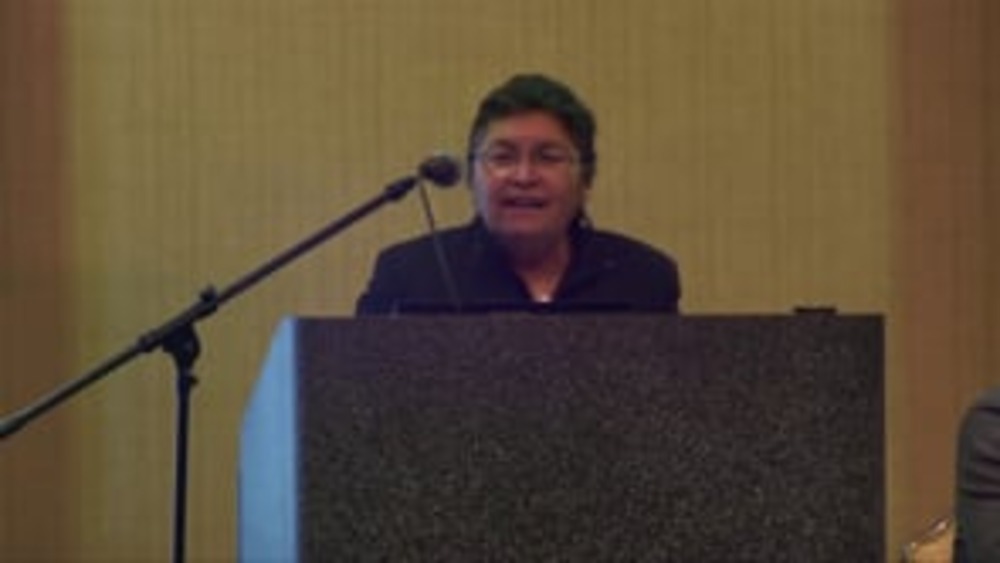
Sharon Day: Disenrollment: Contemplating A More Inclusive Approach
Sharon Day (Bois Forte Band of Chippewa) makes a compelling case for Native nations to abandon externally imposed criteria for citizenship that continue to cause internal divisions within Native nations and communities and instead return to Indigenous cultural values and teachings predicated on…
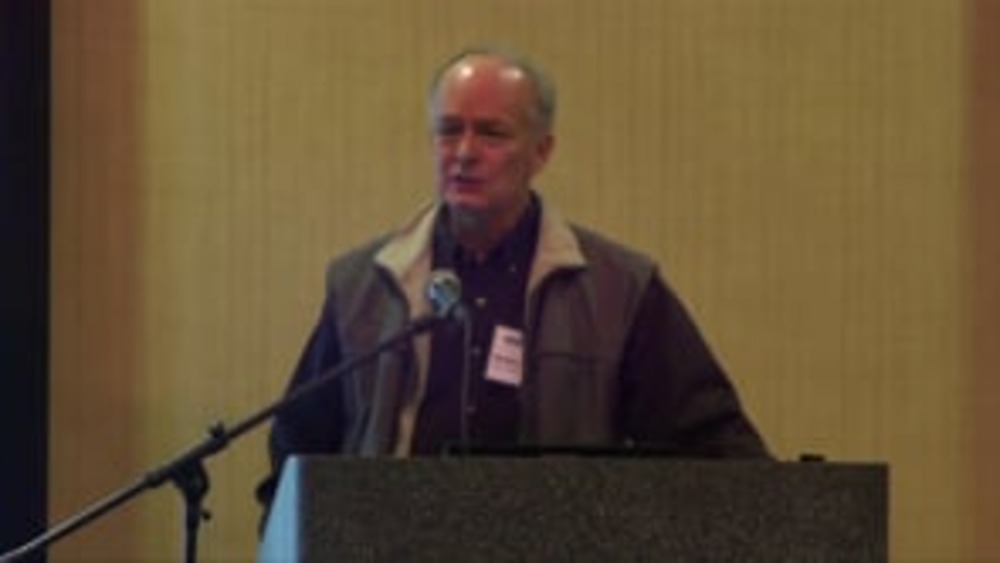
Stephen Cornell: Creating Citizens: A Fundamental Nation-Rebuilding Challenge
NNI Faculty Associate Stephen Cornell discusses how colonial policies have distorted and corrupted Native nations' conceptions of identity, citizenship and nationhood, and stresses the need for Native nations to forge a strategic vision of their long-term futures and then work to create among their…
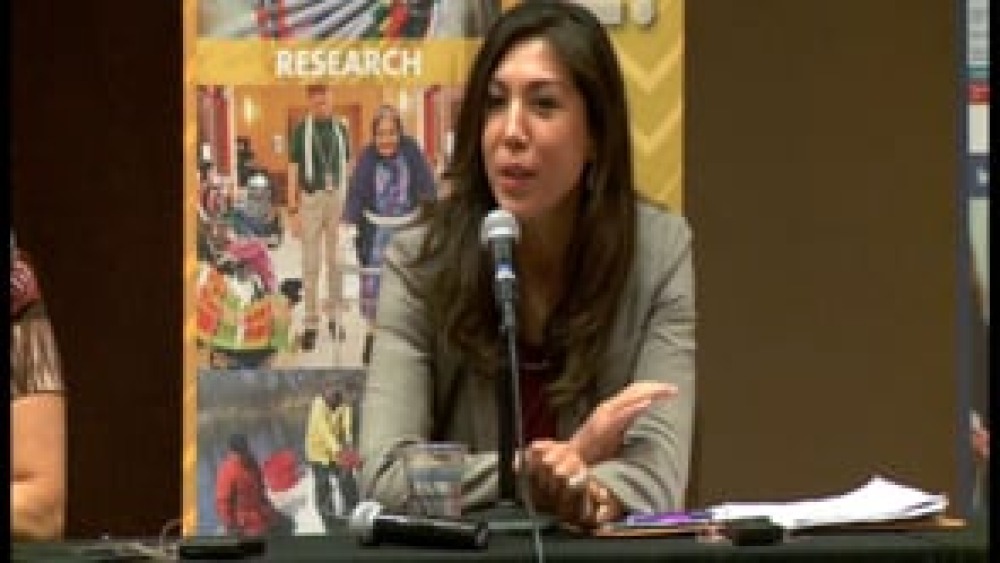
Paulette Jordan: Engaging the Nation's Citizens and Effecting Change: The Coeur d'Alene Story
Paulette Jordan, citizen and council member of the Coeur d'Alene Tribe in Idaho, discusses the importance of Native nation leaders being grounded in their culture and consulting the keepers of the culture (their elders) so that they approach the leadership challenges they face with the proper…
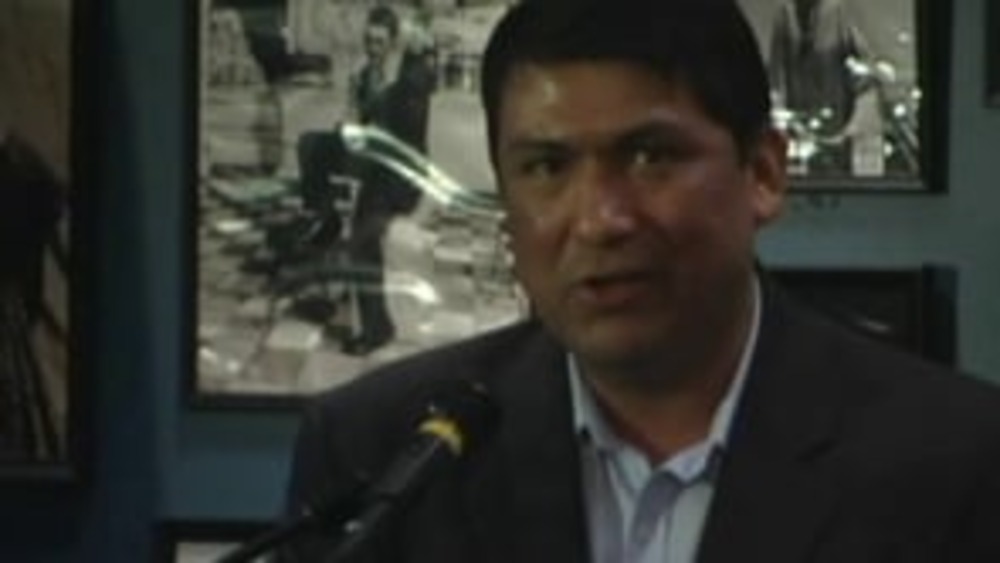
Honoring Nations: Gregory Mendoza: Akimel O'odham/Pee-Posh Youth Council
Gila River Indian Community Governor Gregory Mendoza, formerly the director of the Akimel O'odham/Pee-Posh Youth Council, provides a history of this trend-setting example of innovative governance and discusses the many different ways that it strengthens the Gila River Indian Community.
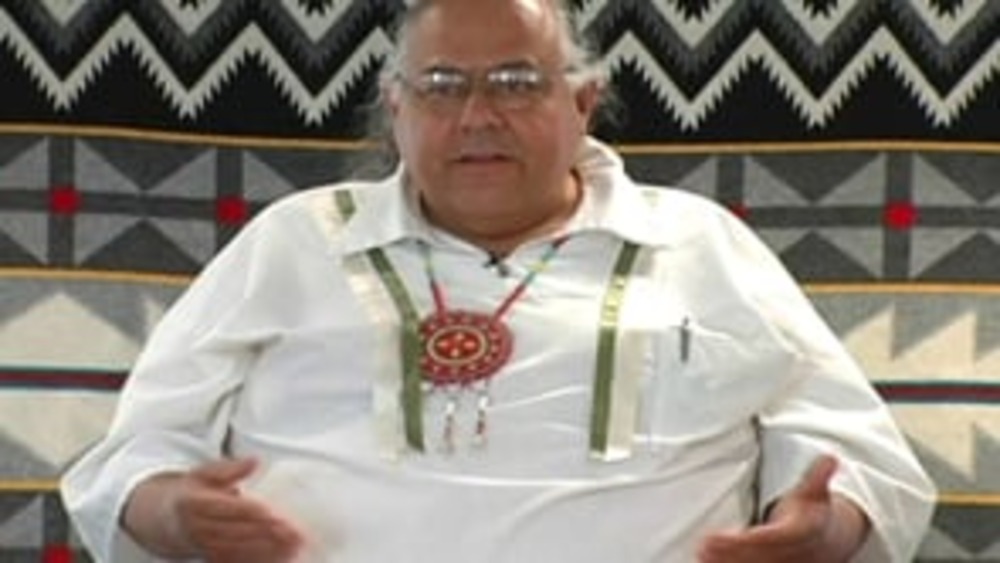
Frank Ettawageshik: Exercising Sovereignty: The Little Traverse Bay Bands of Odawa Indians
Frank Ettawageshik, former chairman of the Little Traverse Bay Bands of Odawa Indians (LTBBO), discusses how LTBBO has systematically built its legal infrastructure in order to fully and capably exercise the nation's sovereignty and achieve its nation-building goals. He discusses some of the…
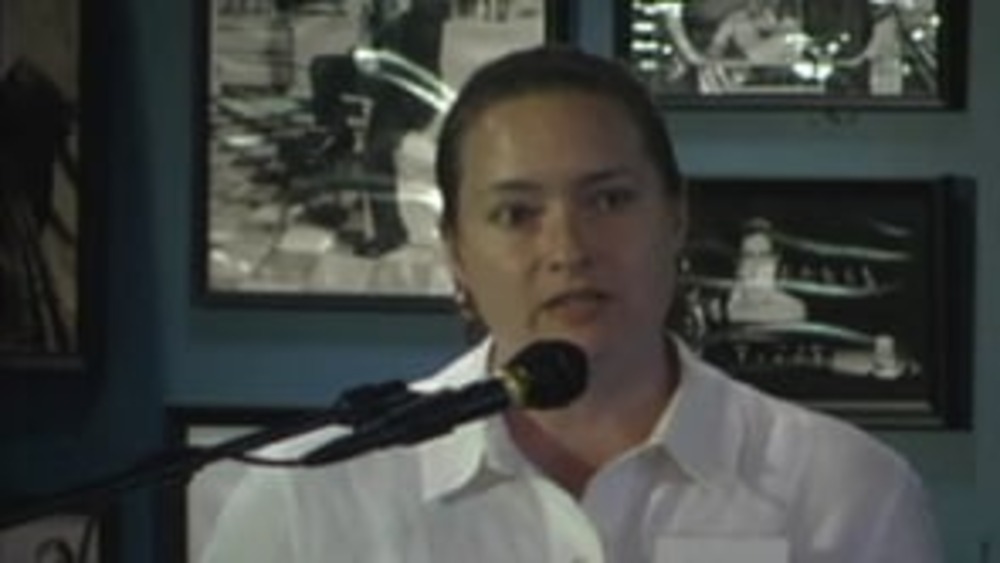
Honoring Nations: Miriam Jorgensen: Lessons to Take Home
NNI Research Director Miriam Jorgensen concludes the 2004 Honoring Nations symposium with her impressions about the lessons learned from the convening, from the great diversity among Native nations to the great strides they are taking when they devise their own solutions to the challenges they…
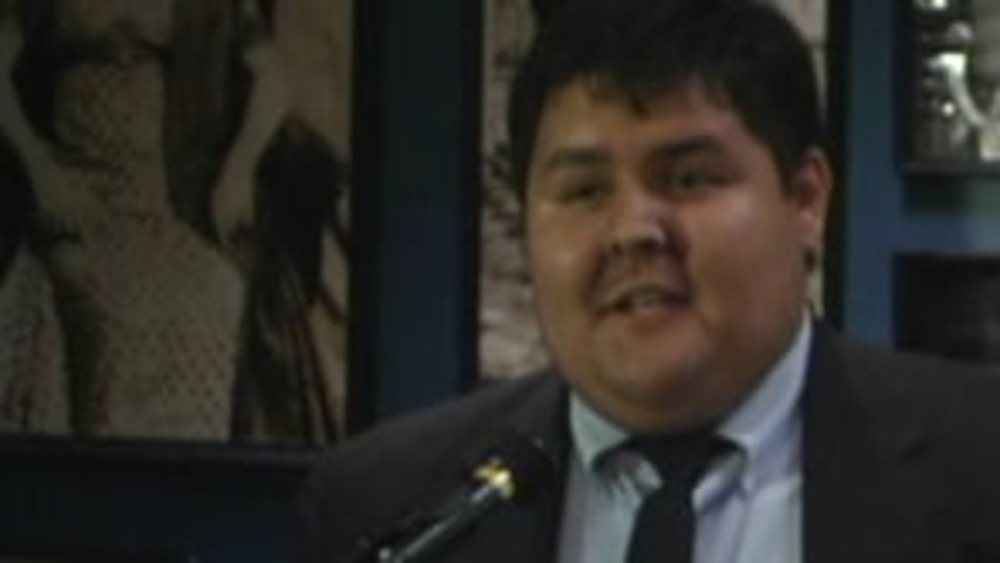
Honoring Nations: Myron Brown: Akimel O'odham/Pee-Posh Youth Council
Former President Myron Brown discusses how the Akimel O'odham/Pee-Posh Youth Council is an example of building a great program in a political setting, and shares how Gila River youth are having their political voice heard through this innovative leadership development mechanism.
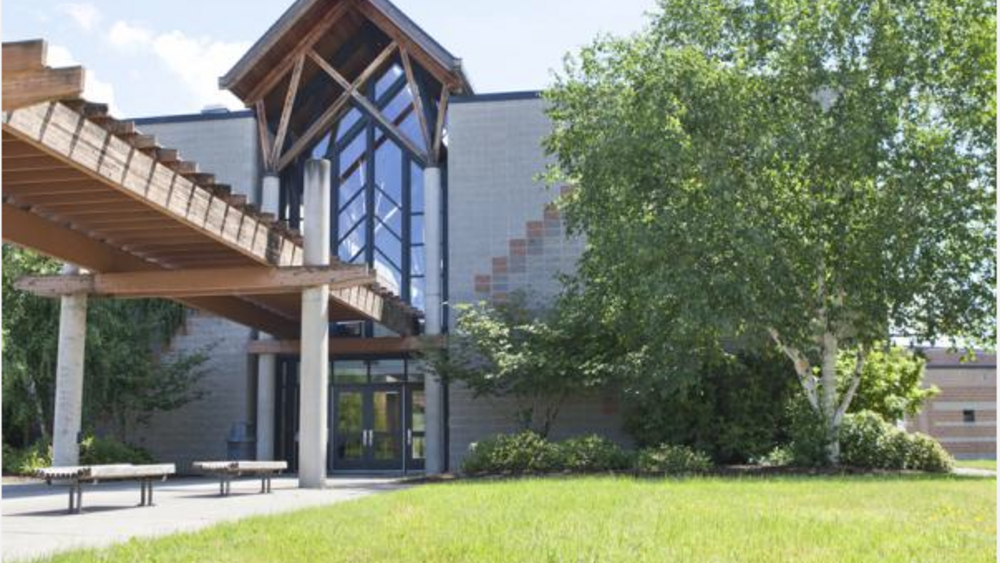
Indian Education Must Support Dual Citizenship, Nation-building
In contemporary nation states education is a key institution for the socialization and creation of citizens. Schools are designed to provide common rules of civic understanding and responsibilities. Students are taught to understand the history, goals, and functioning of government. In many ways,…
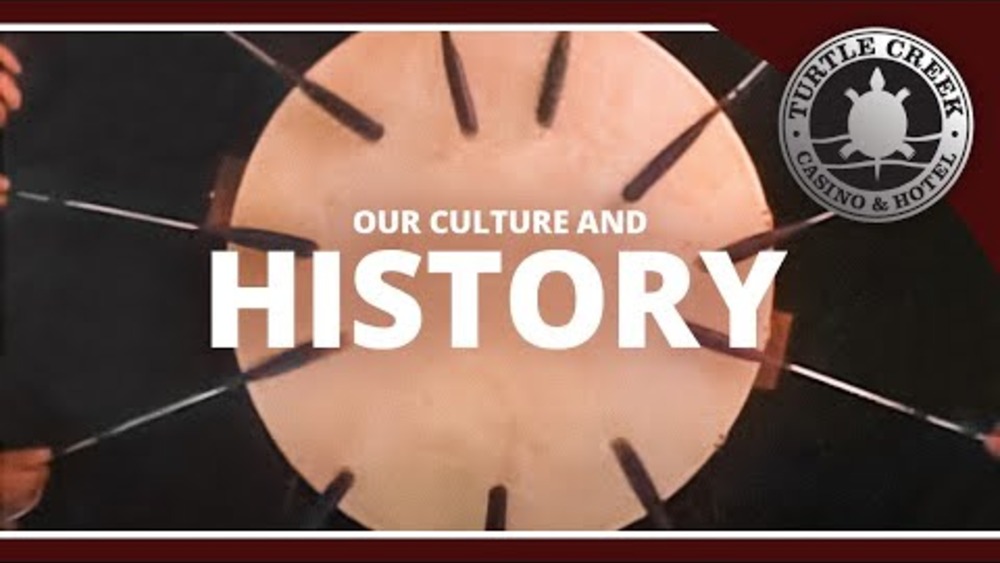
The Grand Traverse Band of Ottawa and Chippewa Indians
This video, produced by the Grand Traverse Band of Ottawa and Chippewa Indians, provides a brief overview of the nation's history, from its push to achieve federal recognition to its efforts to create a diversified, sustainable economy.
